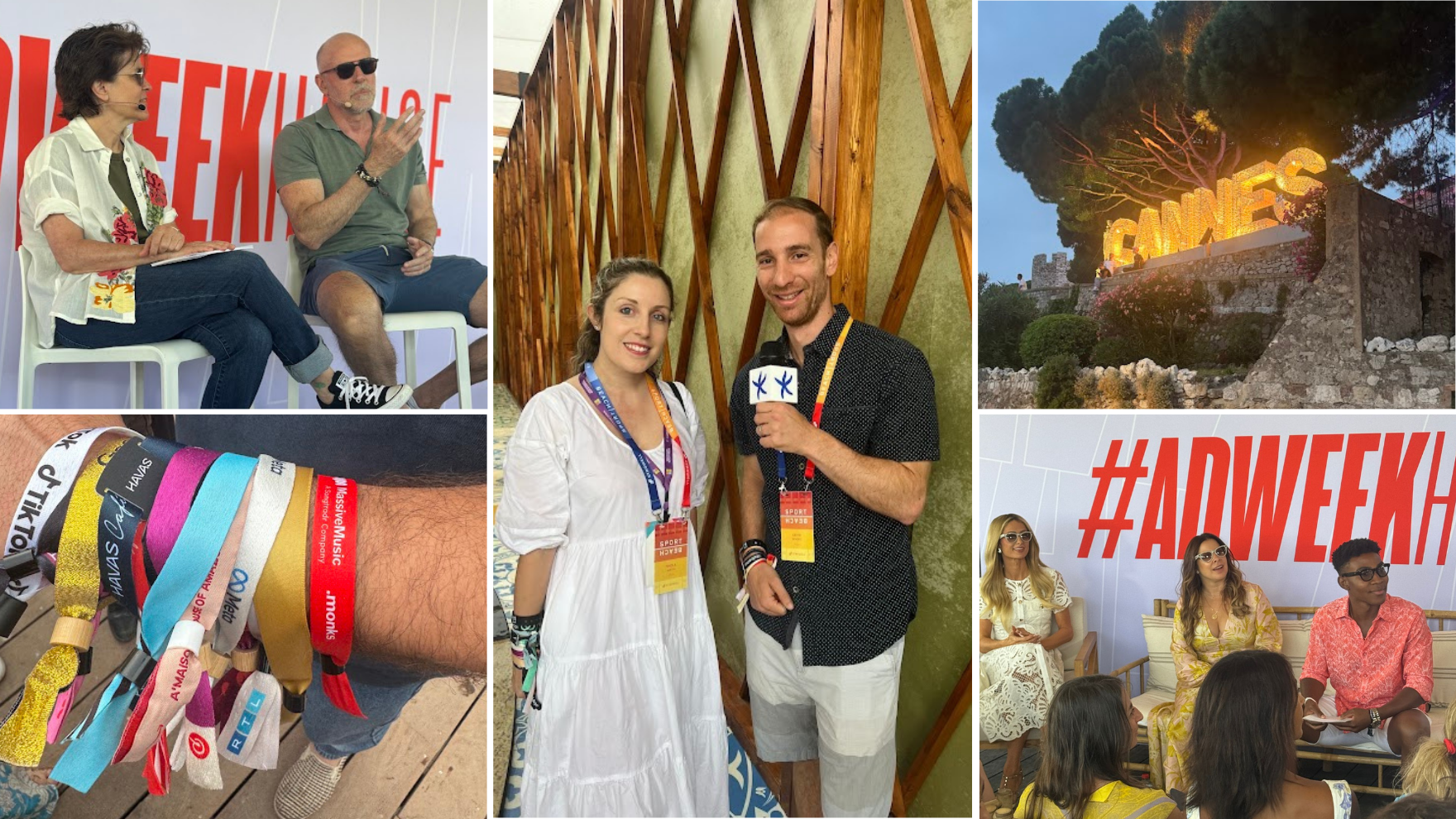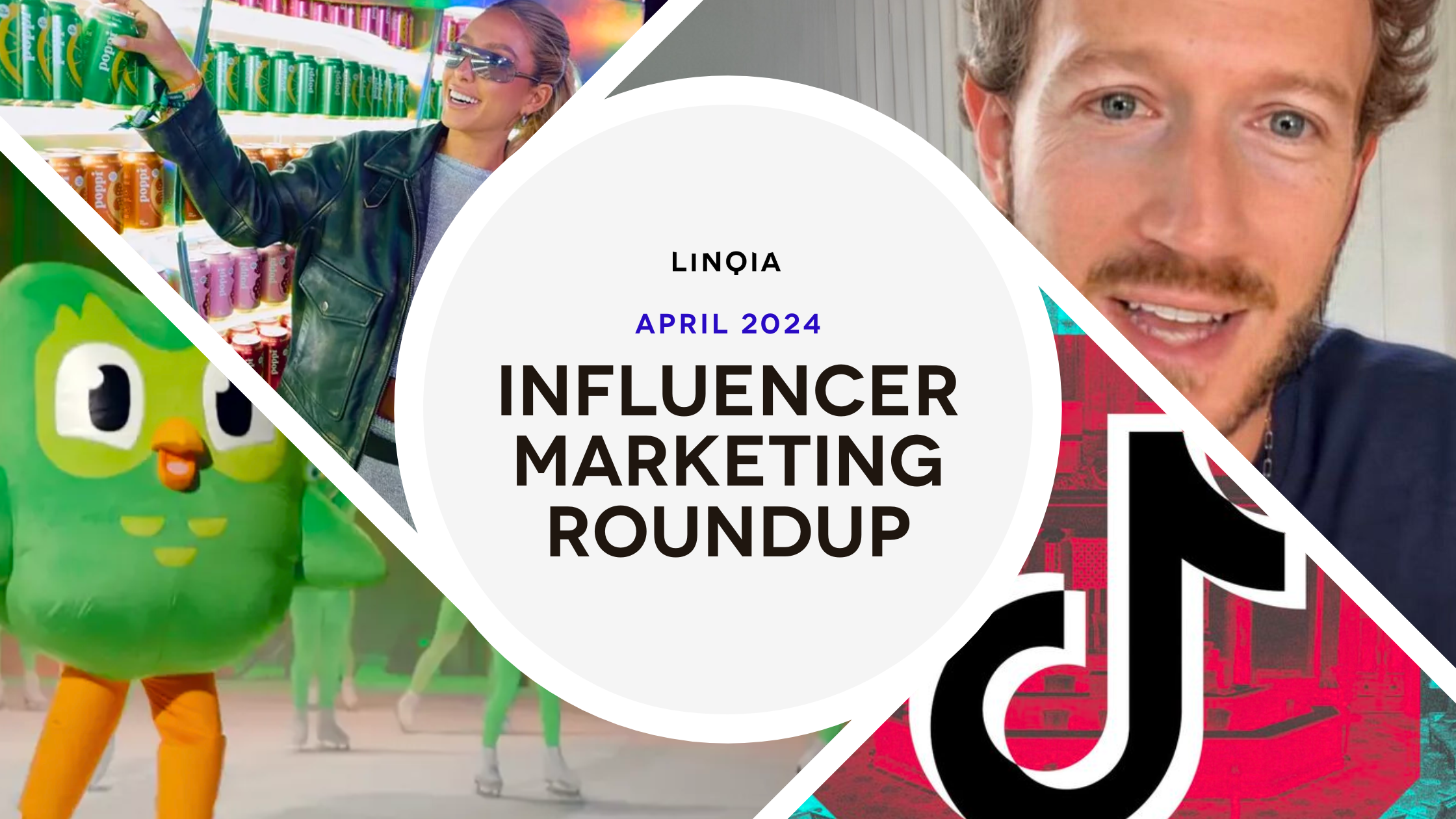The battle lines have been drawn: major brands are calling on the influencer marketing industry to choose a side when it comes to fraud.
Earlier this week, Unilever CMO, Keith Weed announced that the company “is pushing for greater transparency in the influencer marketing space to combat fraud in the digital ecosystem; create better experiences for consumers; and improve brands’ ability to measure impact.”
Weed also noted that Unilever is committed to addressing influencer marketing fraud on all fronts by refusing to purchase followers for any of its brands, avoiding partnerships with influencers who purchase followers themselves, and prioritizing influencer marketing platforms who increase transparency in business practice.
But the problem extends far beyond fake followers. The current influencer marketing landscape perpetuates this issue by rewarding influencers with the largest following, and using reach as a barometer for program success.
A January New York Times exposé uncovered the prevalence of follower fraud, noting that a single company was responsible for the circulation of over 200 million fake followers on Twitter alone.
The road to resolution for influencer marketing fraud starts at the root. Brands must validate that they are partnering with quality content creators with reliable influence, independent of metrics like reach. To be effective, marketers will need to abandon notions of perceived influence based on number of followers and align influencer incentives to the delivery of an actual business result.
Since inception, Linqia has taken a proactive approach to fraud prevention by anchoring on a business model that ties influencer compensation to a guaranteed business impact. Brands only pay us for the results we drive, and influencers are solely compensated based on the results they deliver.
Our pay-for-performance model requires us to be transparent and accountable in order to deliver guaranteed results for our partners. As a result, the risk of influencer follower fraud is significantly reduced when working with Linqia.
Beyond our business model, the Linqia Performance Platform includes features to automatically detect and prevent other kinds of fraud, verify the legitimacy of influencers, and mitigate the impact of fraud-based click groups.
- Linqia monitors engagement rates, click rates, comment sentiment, like-to-comment ratios, and follower growth patterns to verify that Linqia influencers are real people with real audiences.
- Linqia mitigates the impact of bots using IP blacklists and flood control, click capping, and multiple metric evaluations to filter out fraud.
- Linqia also monitors public forums and influencer groups to detect when influencers are soliciting engagement. If caught, the influencer is removed from the program and not compensated.
- Linqia Performance Platform detects and excludes click fraud from reporting. So well that, our click counts are 50% more conservative than industry standards such as DFA, FlashTalking, and Sizmek.
Influencer marketing fraud prevention is inherently built into the DNA of our business, but we cannot do it alone. To combat influencer fraud, we must rely on brands to adopt a new lens – prioritizing business impact instead of reach – when quantifying the value of their influencer partners. The integrity of the industry depends on it.




